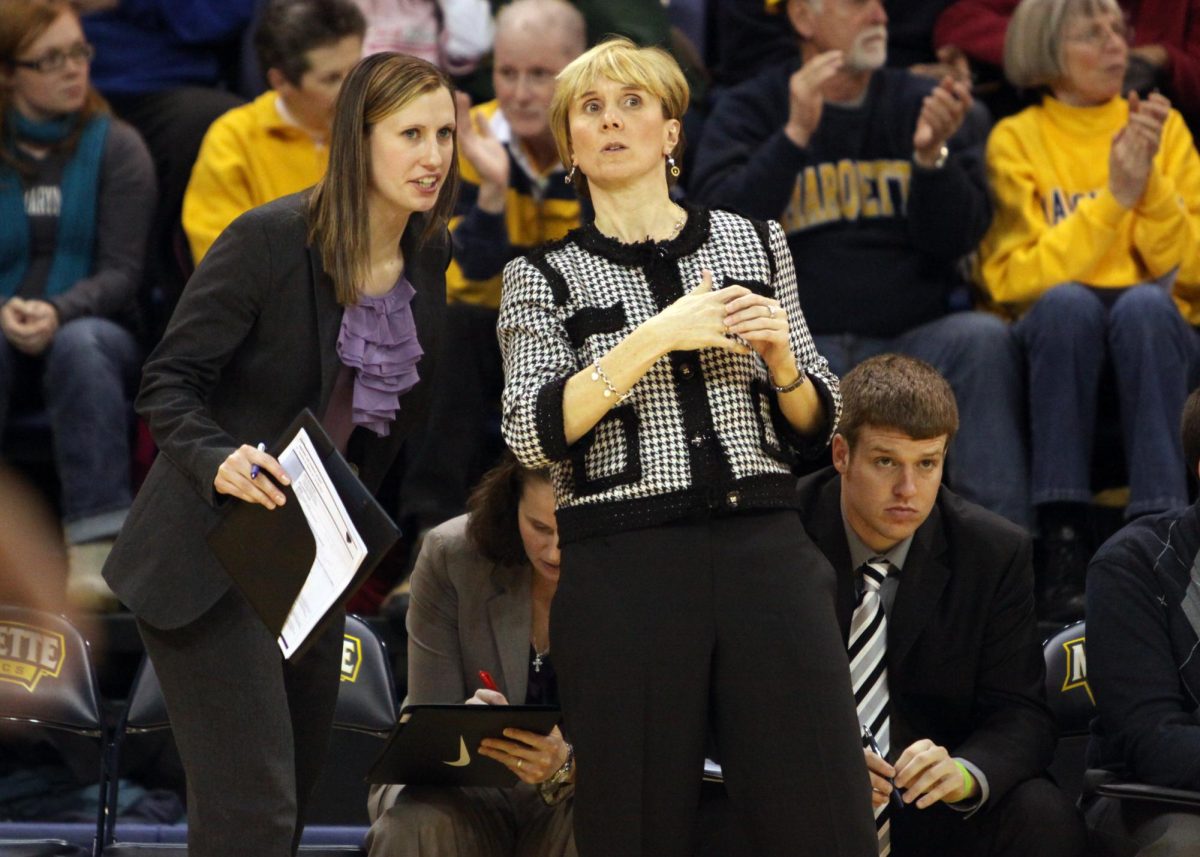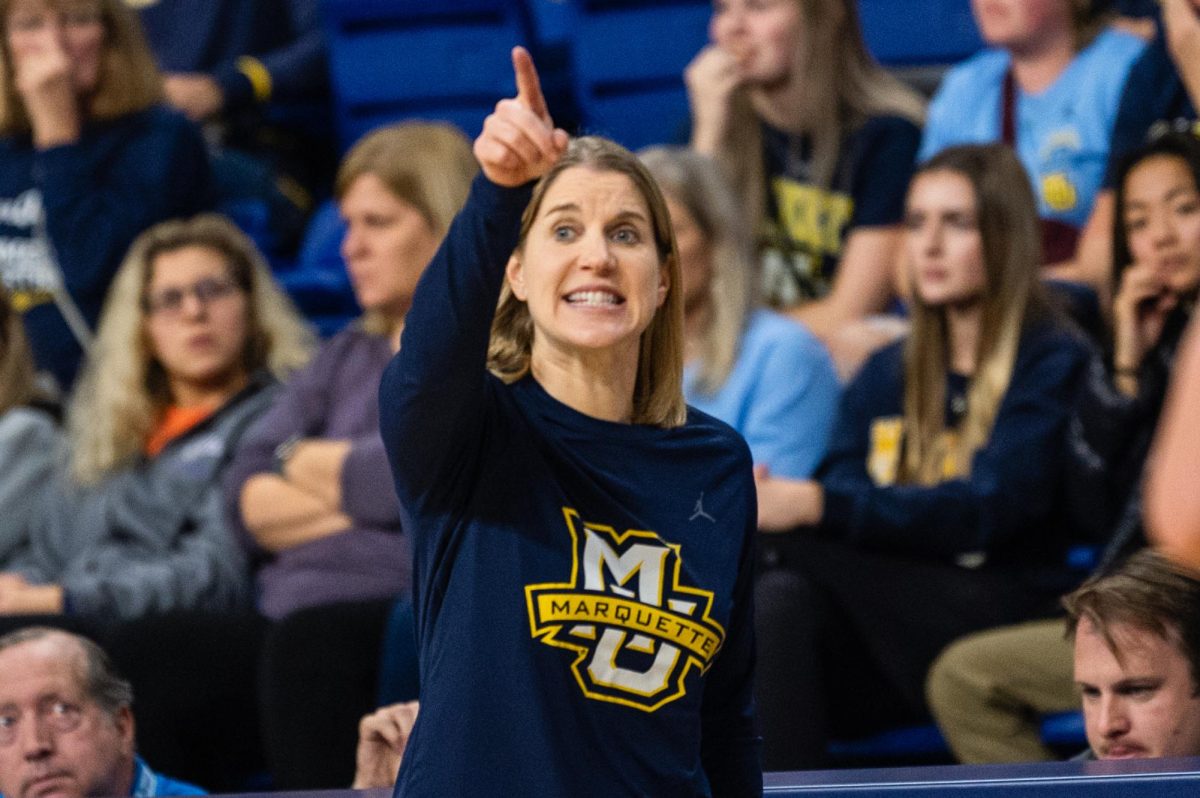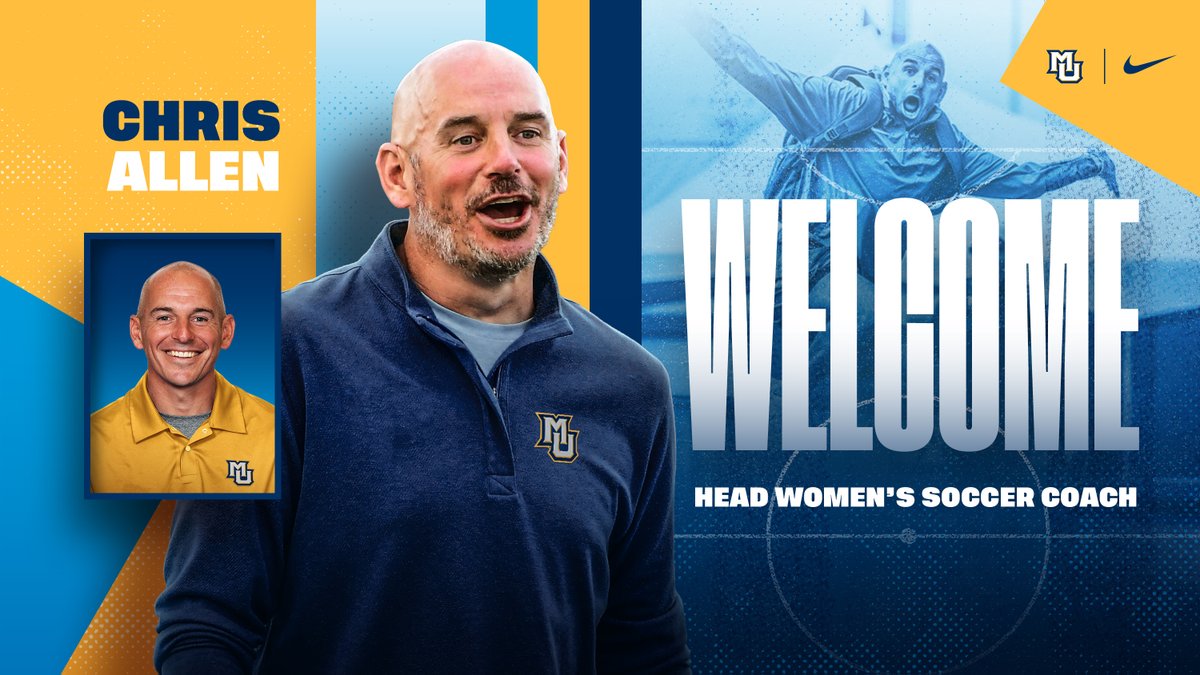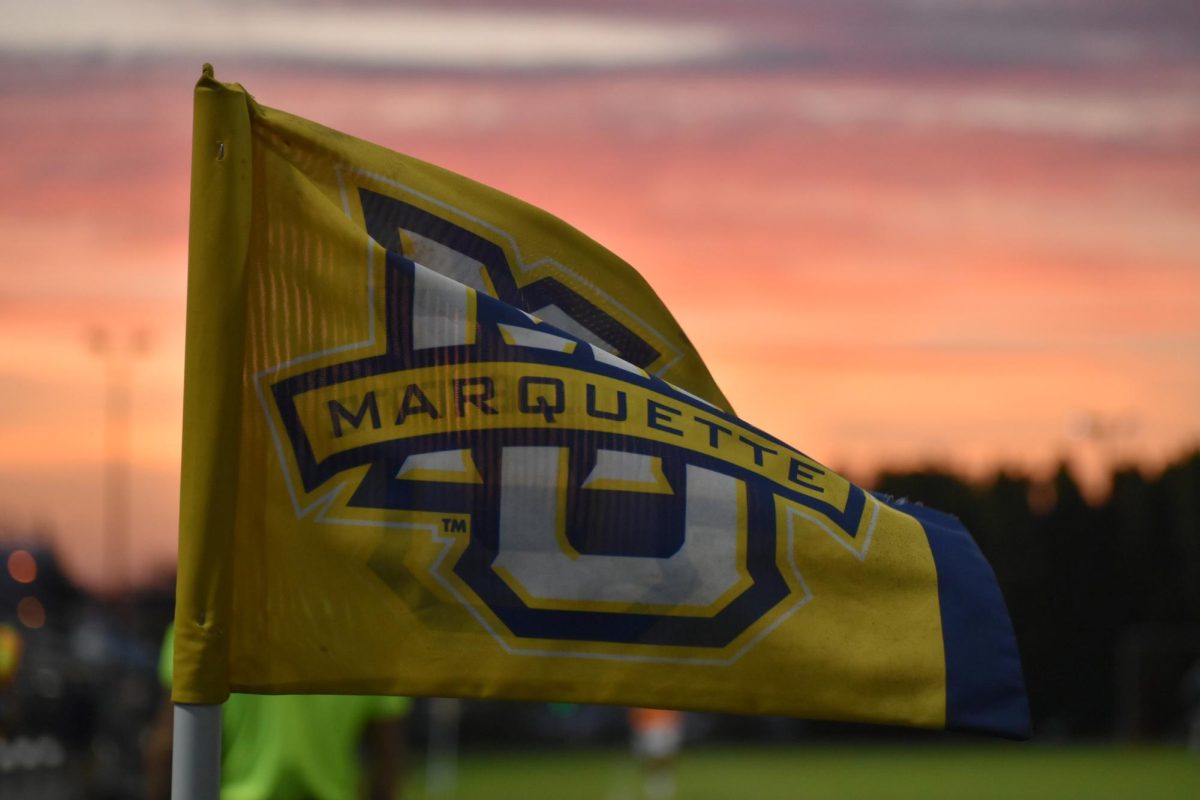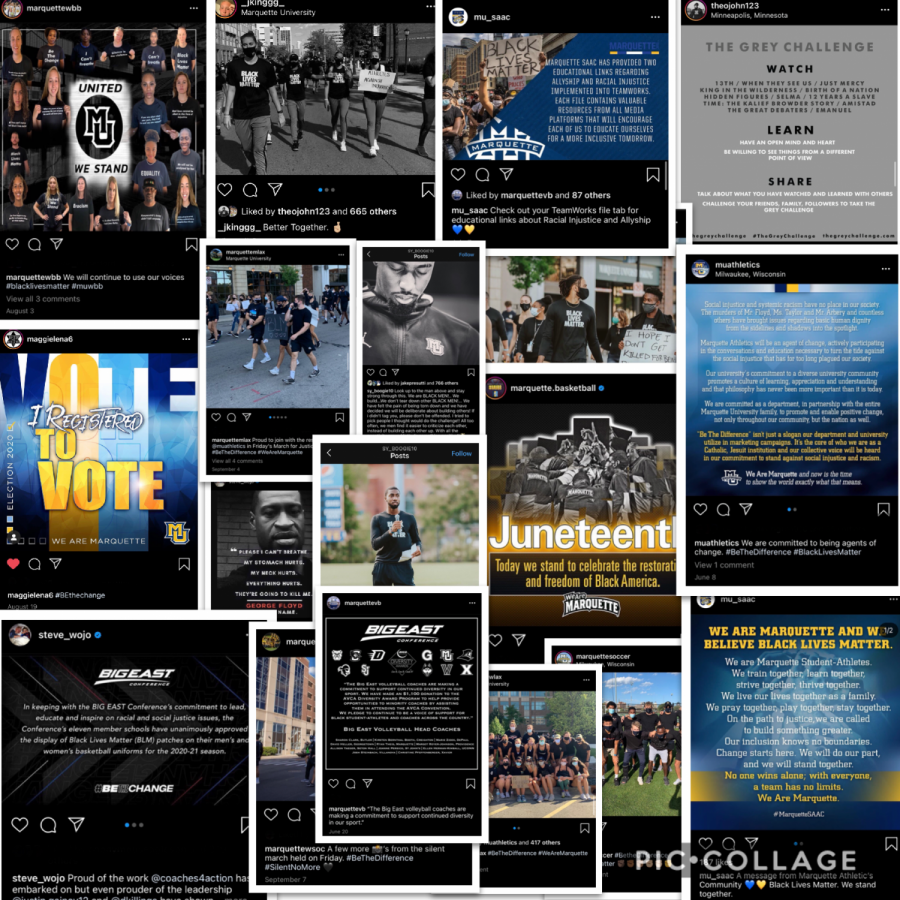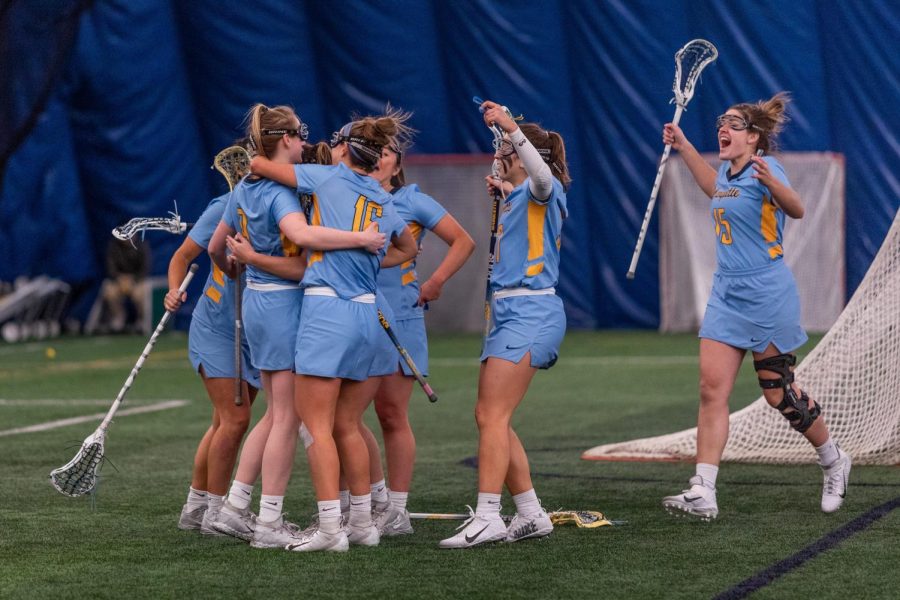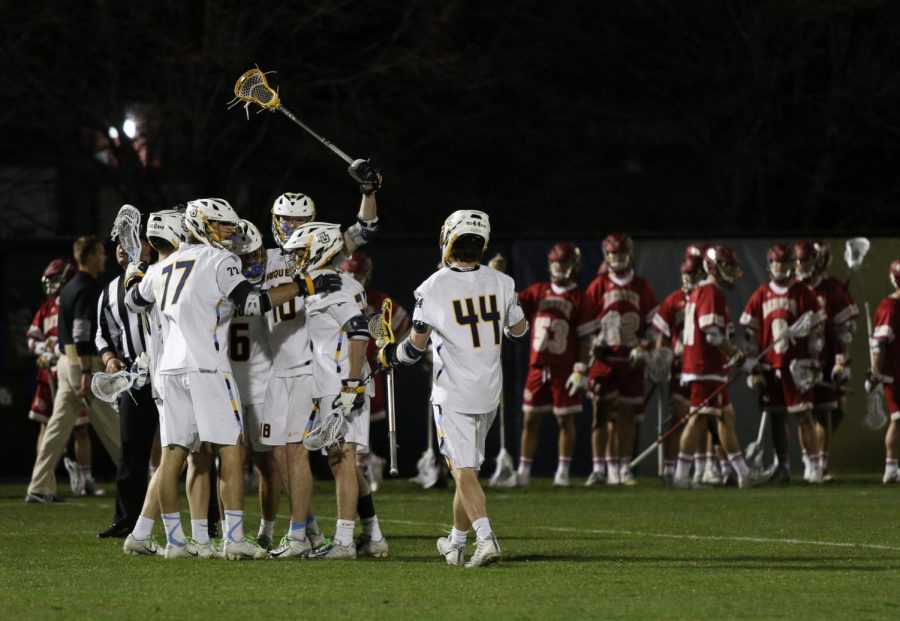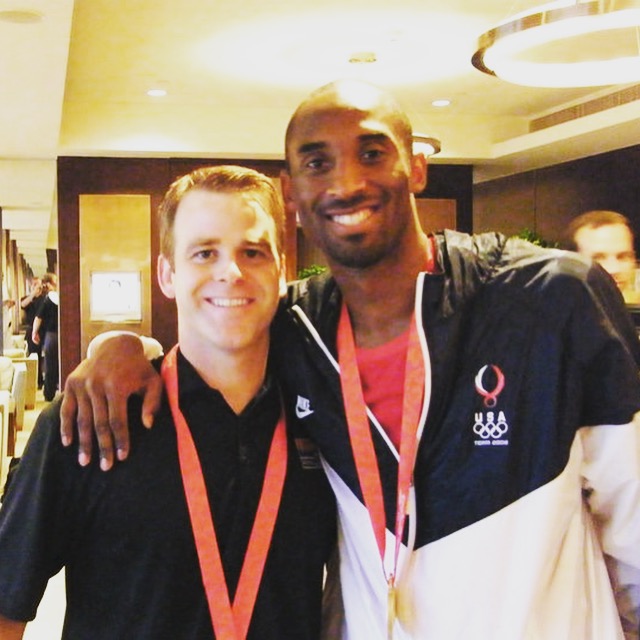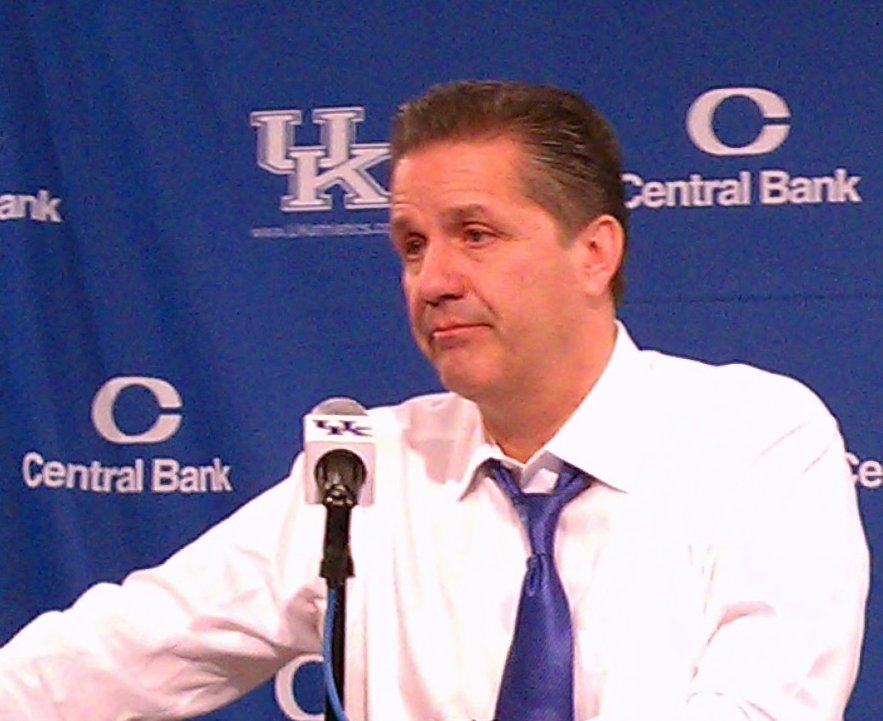A law that allows athletes to profit off their name, image and likeness passes in California on Sept. 30, 2019. It’s a law that gives athletes the ability to benefit from their athletic status but “makes clear that compensation for athletic performance or participation is impermissible.”
The National Collegiate Athletic Association Board of Governors come together for a vote and unanimously choose to allow athletes to profit off of name, image and likeness. The NCAA’s law states its intended to “assure student-athletes are treated similarly to non-athlete students unless a compelling reason exists to differentiate.”
Marquette athletic director Bill Scholl says he is in support of the NCAA’s proposal but says he believes there is still a lot of work to be done.
Scholl says the main difference between intercollegiate athletics and other athletics entities, like the National Football League, the National Basketball Association, the National Hockey League and several others is recruiting versus signing, drafting and trading players.
“We have to convince (the student athletes) that our school is the place to come,” Scholl explains. “It’s pretty important if we’re going to have institutions throughout 50 states competing on the same playing field and trying to beat each other and be competitive with each other. I think it’s pretty important if we operate by the same set of rules. Depending on how NIL gets constructed, (it) could really affect the recruiting balance in the country.”
BIG EAST Commissioner Val Ackerman, who is the co-chair of the NCAA’s committee on the topic, says improvements and modifications to NIL are in the works. She expects more details to be released in a report this April.
“There is a commitment by the NCAA to modernize its rules to allow for expanded opportunities for student-athletes,” Ackerman says. “What we’re working on right now is a model where the athletes would not become salary employees of their university. That’s a scenario we’re working to avoid.”
Scholl says NIL is completely different than paying athletes for their play.
“While there might be a few folks who believe pay for play truly makes sense, they are very few and far between within our industry,” Scholl says. “To begin to write checks for them to play for us as opposed to what we currently do for them is not where Marquette would want to go.”
Marquette men’s lacrosse redshirt sophomore midfielder Jordan Schmid does not believe the NCAA will ever reach a point where it pays its student-athletes.
“You go to play sports in college for a specific reason. You don’t have to play college sports if you don’t want to,” Schmid says. “The point of college athletics is to enhance your educational experience and be able to potentially pay for your educational experience. Some athletes have the opportunity to go to college for free and play the sport they love.”
Schmid says NIL offers equal opportunity for all collegiate student-athletes, like allowing all sports to profit from their name, image and likeness, not just the ones that generate the most revenue.
In an Oct. 29, 2019 tweet, Lebron James says: “It’s a beautiful day for all college athletes going forward from this day on!” James says in a tweet regarding NIL. “Not a victory but a start!”
Chris DeLeo, a sophomore in the College of Business Administration, was a former high school athlete. He expresses his concerns with NIL.
“To me, it sounds like another excuse the NCAA is using to avoid paying athletes, but I do think it’s a step in the right direction,” DeLeo says.
DeLeo says he would be frustrated if he was a college athlete and wasn’t getting paid for his services.
“At the same time, I’m not sure paying a Division III or Division II athlete would be necessary. I think Division I players should be the only ones getting paid since they likely bring in the most revenue.”
Schmid says he believes there’s a common misconception among the general public regarding the issue of student-athletes being paid.
“A lot of fans and the general public will look and think (the NCAA) is taking advantage of student-athletes,” Schmid says. “I think there needs to be more education on all of the opportunities and advantages that are offered currently to student-athletes that a lot of people just don’t see.”
This article was written by Tyler Peters. He can be reached at [email protected] or on Twitter @_tylerpeters_.


